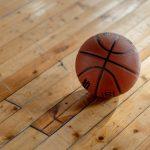A Mental Game Formula for Athletic Success
What is Your Formula for Success? A success formula is like a recipe or set of instructions describing how to successfully and consistently create something. For example, if your goal is to prepare at an elite level, what do you need to add to the mix that produces high-level preparation? What habits, mentality, training, nutrition, and physical elements … Sport Psychology Article…






